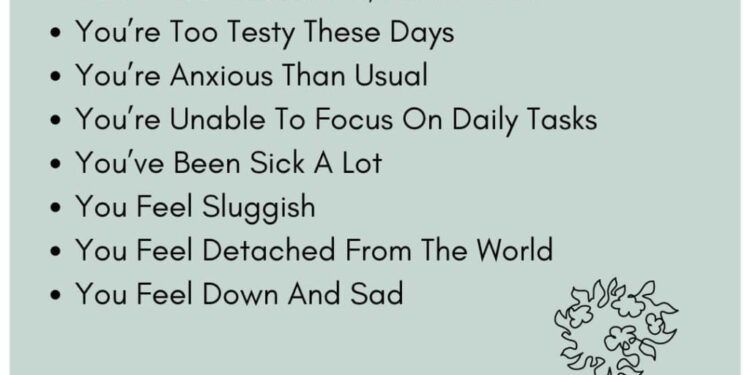Get ready to explore the essentials of siding and windows in American homes—where solid craftsmanship meets smart innovation. This guide breaks down everything from materials and styles to installation and upkeep, giving homeowners the knowledge to make confident decisions.
A Quick Look at Siding and Windows in the U.S.
Siding and windows have come a long way in American homebuilding. What started as basic protection from the weather has evolved into a blend of function, efficiency, and design. Today’s materials are built to last, look great, and make homes more energy efficient.
Siding shields your home from the elements and helps keep energy costs down. Windows let in natural light, boost airflow, and add character to any space. Popular materials for both include vinyl, wood, fiber cement, and metal—each with its own pros and cons.
Popular Siding Options
Vinyl Siding – Affordable, low-maintenance, and available in tons of styles and colors.
Wood Siding – Offers a timeless, natural look but needs regular upkeep.
Fiber Cement Siding – Tough against rot and pests, plus it mimics the look of wood or masonry.
Metal Siding – Sleek, modern, and extremely durable—though it can dent if hit hard.
You’ll find these materials in different styles like horizontal panels, shakes, shingles, or board-and-batten, so you can match your home’s architecture easily.
Window Styles and Material Choices
Single-Hung – Only the bottom sash moves.
Double-Hung – Both sashes move for better airflow and easier cleaning.
Casement – Hinged at the side and swing out like a door.
Bay – Extend outward, adding space and natural light.
Window materials include:
Vinyl – Affordable, energy efficient, and easy to maintain.
Wood – Classic and beautiful, but more work to maintain.
Aluminum – Lightweight and strong, though not the best insulator.
Fiberglass – Durable and great for energy savings.
How Installation Works
Siding installation starts with prepping the walls, measuring, cutting, and fastening the panels. Trim pieces go on last for a finished look.
Window replacement involves removing the old unit, prepping the opening, setting in the new frame, and sealing everything up to prevent leaks and drafts.
Done right, this process helps your home stay protected and perform better in all seasons.
Simple Maintenance Tips
Wash siding once or twice a year with soap and water.
Check windows for drafts, cracks, or seal issues regularly.
Deal with any signs of rot or moisture right away to prevent bigger problems.
Keep seals tight and frames clean to get the most from your investment.
Regular care goes a long way in keeping your home looking great and running efficiently.
Wrapping It Up
Siding and windows aren’t just about curb appeal—they play a big part in how your home stands up to weather and time. Knowing your options for materials, styles, and upkeep makes it easier to create a home that’s not just beautiful, but built to last.
Q&A Quick Hits
Why choose fiber cement siding?
It’s incredibly durable, resists fire and pests, and needs very little upkeep.
How often should I check my windows?
Once a year is a good rule of thumb—look for drafts, damage, or wear.
Can I paint vinyl siding?
Yes! Use exterior paints made for vinyl to refresh or change the look.
Ready to give your home a fresh update?




